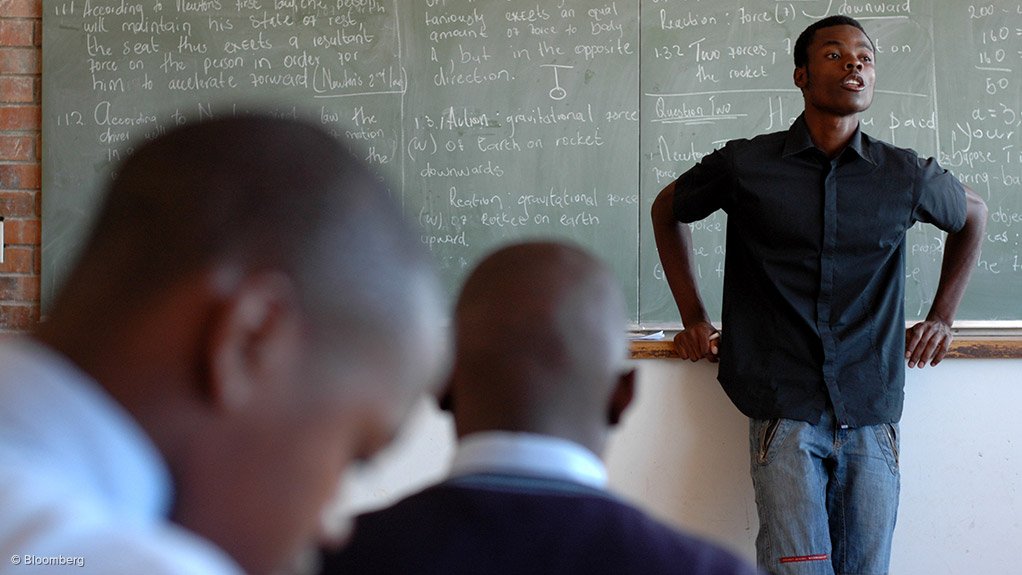Gauteng Education MEC Panyaza Lesufi says no school will be allowed to exclude a learner on the basis of language.
“The right to education is one of the most fundamental rights in the Constitution and if any school, when applying its language and admissions policy, acts contrary to the Constitution, that policy must be disregarded,” said MEC Lesufi.
He was briefing media in Pretoria on Wednesday, in response to a judgment made in the South Gauteng High Court on Tuesday.
The Governing Bodies of South African Schools (FEDSAS) had brought an urgent application regarding the consideration of language policy in relation to admission of learners in public school.
The court ordered that schools are entitled to prepare and submit waiting list A and B – of which A refers to learners being placed on a waiting list if their place of residence is within the feeder zone of the schools; at least one of their parents place of work is within the feeder zone of the school, or they have a sibling attending the school – waiting list B refers to those learners who do not qualify for waiting list A.
MEC Lesufi said the department took issue with the ruling that schools may take into account admission and language policies, when preparing and submitting the waiting lists.
“… It is contrary to Regulation 7 on Admission of Learners to Public Schools, which clearly states the criteria that the school must consider when they are compiling their respective waiting lists,” said the MEC.
He said it is clear that the court order is going to affect admissions for the 2016 academic year. He said Regulation 7 was undermined by the court order.
The MEC said while the department respects the judgment, he was willing to take the fight to the Constitutional Court if necessary.
The department will continue to uphold education as a Constitutional right and given substance.
The MEC said the case brought by FEDSAS was flawed and motivated by concerns that do not accord with the Constitution, as well as the regulatory framework governing education, and particularly access to education.
“We wish to state that FEDSAS is misleading the court and the public by stating that this case is about language rights.
“This case is not about language rights, this is an issue about access to education and the issue of language is being used as a false shield to exclude those who are entitled to education at a school that they qualify to attend, in terms of the applicable legislation,” he said.
The issue was not about taking away any language but using the schools that the country has to the full advantage of those who qualify to attend that school.
“We want to promote non-racialism and access to our schools. The area in which you are born should not determine where you are going… this is one country, one nation. We may have different cultures but we all belong to this country,” he said.
EMAIL THIS ARTICLE SAVE THIS ARTICLE
To subscribe email subscriptions@creamermedia.co.za or click here
To advertise email advertising@creamermedia.co.za or click here











